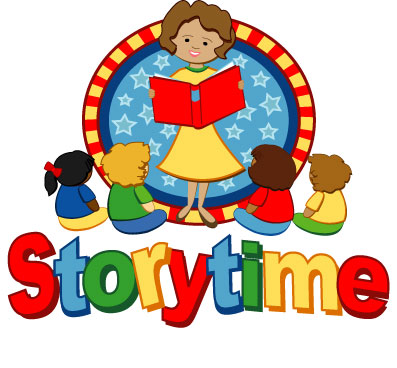I'm excited for this post, as I felt that it's about time to go over the paradigm shift I've experienced through this class, and it just happened to coincide with the requirements for the midterm. I was thinking that I'd discuss these things last week before the announcement, and that just makes this post that much more worth it.
The nonfiction book I was working on is periodically available on google books in nearly its entirety, but whenever I had time to work on reading, it wouldn't work or it would stop once I made it 20 or so pages (I'm not sure why it kept changing). I also placed a hold on it at our library, but it continually did not arrive. Amazingly, it came in yesterday. I have been able to do some of the reading I wasn't able to previously, but it's mostly more of what I was able to preview.
The book strongly supports the idea that things have not really changed, but that we are simply interacting and communicating in different ways. This is actually a new idea to me this semester. Nancy Baym, author of
Personal Connections in the Digital Age, said on page 46, "As technologies are integrated into everyday life, they come to be seen as offering a nuanced mix of both positive and negative implications." There are still negative effects, but it's the same negative effects we've faced with every advance in communication technology. In fact, Nancy Baym mentioned that the telephone faced the same adverse reaction when it was a new device.
My fiction book,
Northanger Abbey, by Jane Austen, is not much like our digital age, but there was a fundamental similarity that I saw which made me want to read it as a reference for digital culture: the ideas associated with fiction in the book and the internet now. Catherine is looked down on for her love of novels, and people continually argue how it can harm her and give her false ideas; today, the internet and digital culture is often warned against because it can absorb individuals and distance them from "real life." However, we have come to accept novels as wonderful things, especially in the English major, so I've come to see that our digital culture isn't such a negative thing, but an escape that we have yet to fully understand.
As far as my own self-directed learning, I've never been the kind to seek out my own research and find ways to interact online, but I've had to change that for this class. I have worried about spending so much time online and creating a greater online presence, but it's been good and exciting. I've had to force myself to interact using different mediums, but as I've worked on it, it's become easier and more enjoyable. I joined sites that I never even considered before - twitter, google+, and pinterest, for example - as well as those I'd not known of - such as diigo and the Google Chrome log in.
Besides reaching out online, I've also embraced more of the self-directed research and learning than I thought I would. I want to do research in order to create will-developed and thought-out blog posts. The research I've found has been exciting and I've enjoyed discussing it. I do see areas in which I can improve, such finding more research and reaching out more to those with experience in the areas I've discussing, but I have definitely made progress.
Other students have taught me a great deal about doing research and embracing digital culture. Seeing the work that Casey and Tasha have done, for instance, have been active presences on line that I've enjoyed hearing from. Seeing the work from other students on the Google+ steam has helped me to see what more I can be doing.



